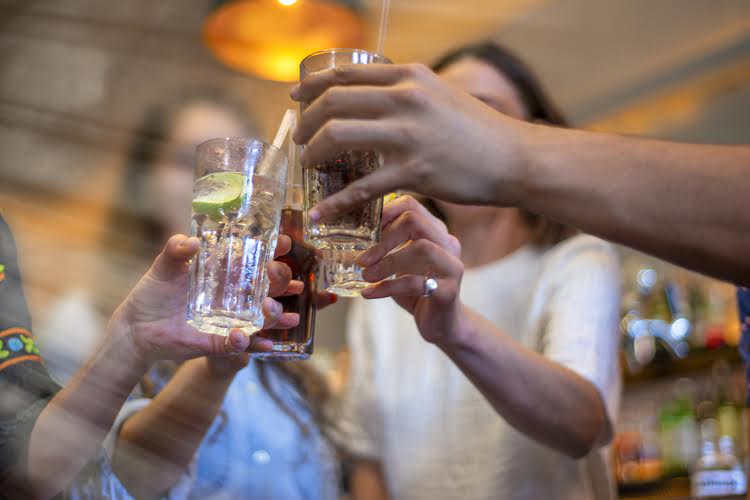Insomnia After Quitting Alcohol: How Long Do Sleep Issues Last
Each stage is necessary for sleep to feel refreshing and for vital processes like learning and memory consolidation to occur. The good news is that you’re not powerless to change your situation. Several evidence-based strategies can help you manage withdrawal symptoms, promote relaxation, and finally get to sleep. Join our global mission of connecting patients with addiction and mental health treatment. how to sleep without alcohol Recovery.com combines independent research with expert guidance on addiction and mental health treatment. Our mission is to help everyone find the best path to recovery through the most comprehensive, helpful network of treatment providers worldwide.
Does alcohol increase heart rate while sleeping?
In a normal circadian rhythm, hormones are released at certain times throughout the day. Alcohol interrupts this process, causing abnormalities in how circadian hormones are released. Support groups play an invaluable role in managing insomnia following alcohol cessation. These safe spaces offer emotional backing, shared experiences, coping strategies, and education about insomnia. Communicating with individuals experiencing similar issues can provide a sense of communal sharing, reducing feelings of isolation and promoting positivity. The rebound effect is a principal actor in the drama of alcohol withdrawal and the resultant insomnia.
Can’t Sleep Without Alcohol? It’s Time for Help
Remember, understanding what’s happening to your sleep when you quit alcohol is half the battle. Continue your journey and explore the science behind insomnia after alcohol detox. Time with my words and my keyboard and my private document full of swear words.
Struggling with alcohol? You’re not alone.
Yes, regular moderate exercise enhances sleep quality during recovery. The Sleep Foundation reports that physical activity helps regulate circadian rhythms and promotes deeper sleep, reducing anxiety and stress while boosting emotional well-being. However, avoid exercising within 3-4 hours of bedtime as it can delay Sobriety sleep onset. The first few nights after stopping alcohol consumption are typically the most challenging for sleep.
Seeking professional help is not a sign of weakness but a courageous step towards a healthier life. Recognizing and addressing the issue of needing alcohol to sleep is a critical step in dealing with potential alcoholism. Opening up about struggles with trusted individuals fosters understanding and encourages accountability. They can offer emotional support and help maintain motivation throughout the recovery process. Consider joining support groups for individuals with similar challenges.
Follow a Set Routine
Disrupted sleep leads to fatigue and disrupts day-to-day activity, impacting emotional state and mood. Insomnia may reinforce depression or anxiety, creating a negative cycle that aggravates recovery. Start by establishing a bedtime routine, creating a comfortable sleep environment, and finding alternative ways to manage stress and anxiety. Relying on alcohol to sleep can lead to dependency, disrupted sleep patterns, and other health issues. After you’ve done something for about two weeks, your brain will be starting to form a new habit.
How to Get Restful Sleep Without Alcohol
It leads to anxiety, difficulty falling asleep, and restless nights—and it’s highly common among people who just quit drinking. Alcohol use often disrupts the body’s natural circadian rhythms, which regulate the sleep-wake cycle. Many people with alcohol use disorders develop irregular sleep schedules, staying up late to drink and sleeping in to recover from hangovers. This pattern disrupts the internal biological clock that normally helps maintain healthy sleep patterns. As the night progresses and alcohol levels drop, individuals often experience lighter sleep stages and frequent awakenings.
- Here’s what you need to know about trouble sleeping without alcohol.
- If you must watch TV before bed, try doing it in another room, so you’re not tempted to stay up late.
- Figuring out how to unwind without alcohol is individual, experts stress—not every idea will work for every person.
Drinking alcohol is often seen as something to do to let loose and enjoy oneself in the context of a party, bar, or other social scenario. While medicine can help with sleep problems short-term, much like alcohol, it has various long-term side-effects. This means talking to a professional about strategies to overcome your sleep disorder.




